
Diversity in patient populations, including age, race, ethnicity, and underrepresented regions, have increased in early-phase National Cancer Institute-sponsored trials.

Diversity in patient populations, including age, race, ethnicity, and underrepresented regions, have increased in early-phase National Cancer Institute-sponsored trials.
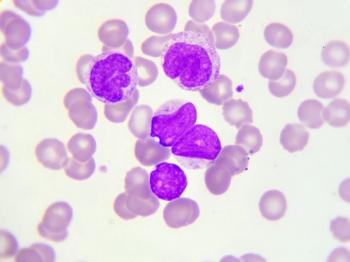
Lili Wang, MD, PhD, discusses her research investigating how METTL3 regulates RNA splicing dysregulation and contributes to CLL growth.
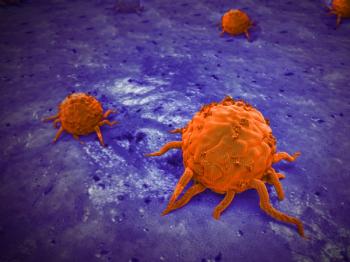
Kimlin Tam Ashing, PhD, discusses her research assessing effective interventions in ethnic minority communities to increase colorectal cancer screenings.

Even before the Dobbs ruling overturned country-wide reproductive rights, the oncology field was already facing a dearth of maternal care access challenges.

Limitations on a woman’s options when pregnant and diagnosed with cancer can directly impact her ability to save her own life and preserve her fertility for future pregnancies.

Durvalumab lowered the risk of death by 32% in patients with non-small cell lung cancer compared to chemotherapy alone.

The treatment from Keytruda and Merck shows a clinical response of 89% for individuals with unresectable metastatic desmoplastic melanoma.
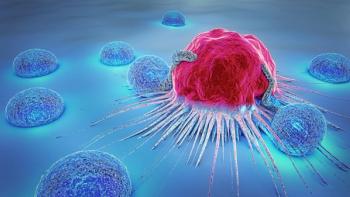
Multicancer early detection test could detect cancer with an AUC of 0.94 for all cancer types and stages.

According to 5-year follow-up data, the combination of tafasitamab-cxix and lenalidomide produced a durable response in patients with diffuse large B-cell lymphoma.

These study results are the first to demonstrate randomized evidence that a personalized neoantigen approach could be beneficial for patients with cancer.
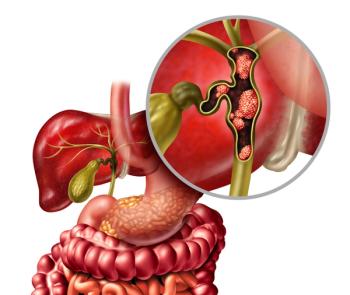
These data support using this combination therapy as a new first-line treatment option in patients with previously untreated metastatic or unresectable BTC.

Changes in DNA methylation may lead to accelerated aging in patients with cancer and HIV.

The analyses are shared at the American Association for Cancer Research Annual Meeting 2022 in New Orleans, Louisiana.

Analyses are shared at the American Association for Cancer Research Annual Meeting 2022 in New Orleans, Louisiana.

Session highlights novel agents that have recently entered, or will imminently enter, into phase 1 clinical trials.

The investigational selective, covalent, and orally bioavailable KRASG12C¬ inhibitor shows a 57% confirmed overall response rate at the recommended dose of 200 mg twice daily.
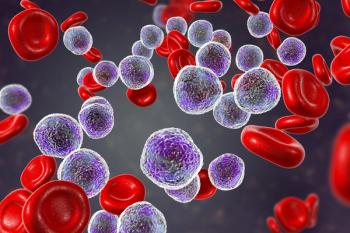
Results are from an exploratory analysis of 34 patients who received at least 1 dose after disease progression or suboptimal response with ruxolitinib monotherapy

Results show that 64% of individuals treated with lorlatinib were without disease progression after 3 years compared with about 19% of those treated with crizotinib (Xalkori).
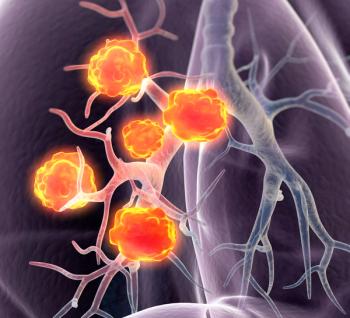
Sotorasib demonstrates clinical benefit and prolonged tumor response seen, with a 40.7% objective response rate.
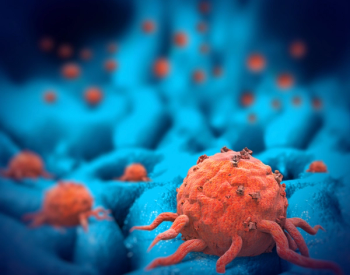
Peptide-targeted radionuclide therapy FAP-2286 (Clovis Oncology) showed potent affinity for human fibroblast activation protein by biochemical and cell-based assays.
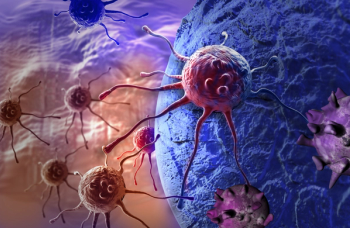
Poster at AACR highlights in vitro and in vivosynthetic lethality activity of rucaparib in multiple cancer cell types and PDX tumors that harbor genetic or epigenetic alterations in non-BRCA HRR genes.